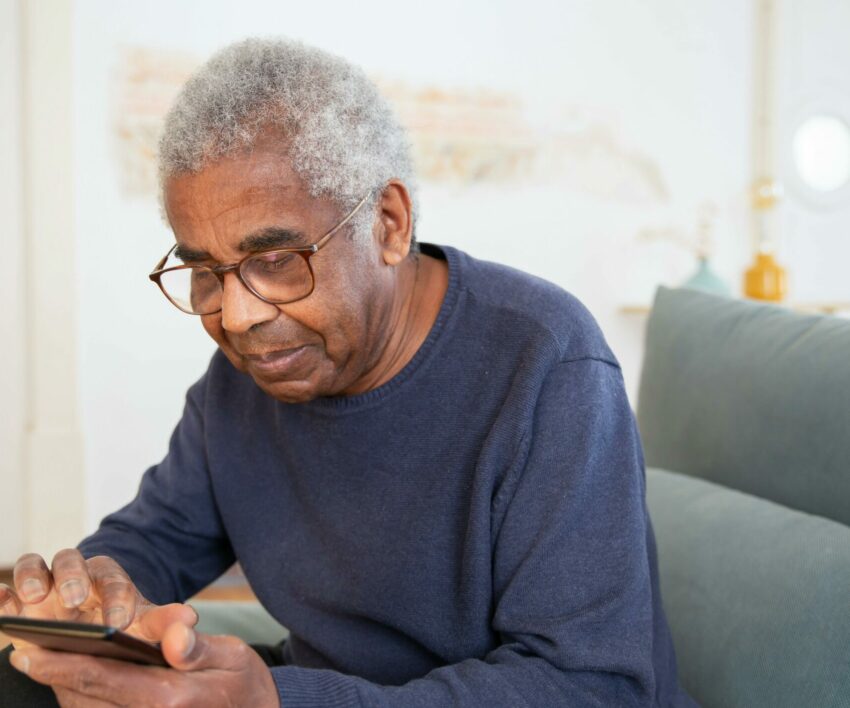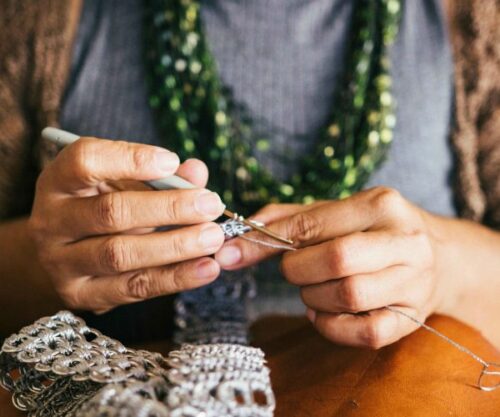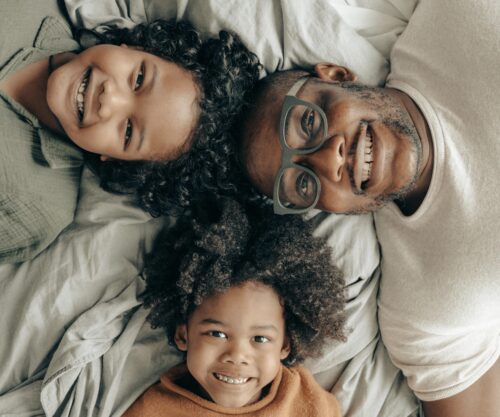
June 15 marks World Elder Abuse Awareness Day, a moment to pause and reflect on how we treat the grandparents, gogos, oumas, and wise elders in our communities. It’s easy to romanticise old age as a time of rest and storytelling, but for many elderly people, especially in South Africa, growing older comes with risks that are often hidden behind closed doors.
According to the World Health Organisation, elder abuse can take many forms—physical, emotional, financial, or even neglect. The organisation mentions that this happens in private homes, care facilities, and sadly, even within families. Sometimes, it’s not malicious but comes from a lack of awareness or resources. That doesn’t make it less harmful.
In a culture that often celebrates youth and speed, the elderly can feel invisible. However, they are the keepers of family traditions, community histories, and wisdom you can’t Google. Ensuring their safety starts with small actions—checking in regularly, creating open lines of communication, and making sure caregivers are supported and educated.
The Department of Social Development has urged communities to report suspicious behaviour and be more involved in supporting older citizens. Local organisations such as Age-in-Action are working tirelessly to protect the rights and dignity of elderly South Africans, states the department. Furthermore, it is mentioned that their work shows that safety isn’t just about locks and panic buttons; it’s also about love, presence, and respect.
Giving elders a seat at the table, asking about their day, or simply listening to their stories can go a long way. Safety begins with visibility. When we see our elders, truly see them, we’re more likely to protect them. World Elder Abuse Awareness Day isn’t just a reminder; it’s a call to action wrapped in humanity because everyone deserves to grow old with grace, security, and joy.




